To provide the best experiences, we use technologies like cookies to store and/or access device information. Consenting to these technologies will allow us to process data such as browsing behaviour or unique IDs on this site. Not consenting or withdrawing consent, may adversely affect certain features and functions.
The technical storage or access is strictly necessary for the legitimate purpose of enabling the use of a specific service explicitly requested by the subscriber or user, or for the sole purpose of carrying out the transmission of a communication over an electronic communications network.
The technical storage or access is necessary for the legitimate purpose of storing preferences that are not requested by the subscriber or user.
The technical storage or access that is used exclusively for statistical purposes.
The technical storage or access that is used exclusively for anonymous statistical purposes. Without a subpoena, voluntary compliance on the part of your Internet Service Provider, or additional records from a third party, information stored or retrieved for this purpose alone cannot usually be used to identify you.
The technical storage or access is required to create user profiles to send advertising, or to track the user on a website or across several websites for similar marketing purposes.
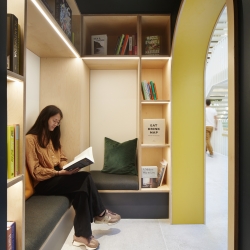 The BCO Awards for the South of England and South Wales have been announced, with recognition going to six office buildings across the region. Held at The City Hall in Cardiff, the BCO’s annual South of England and South Wales Awards Dinner claims to recognise projects that demonstrate best practice in office design, fit-out, operation and sustainability, setting the standard for excellence across the sector. (more…)
The BCO Awards for the South of England and South Wales have been announced, with recognition going to six office buildings across the region. Held at The City Hall in Cardiff, the BCO’s annual South of England and South Wales Awards Dinner claims to recognise projects that demonstrate best practice in office design, fit-out, operation and sustainability, setting the standard for excellence across the sector. (more…)





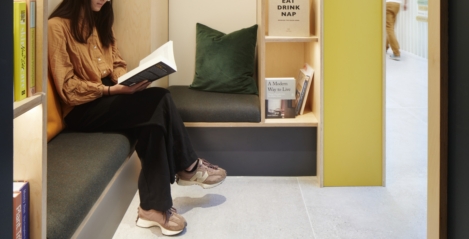
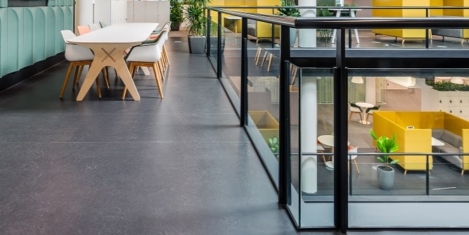
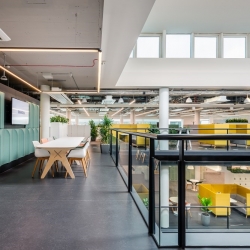








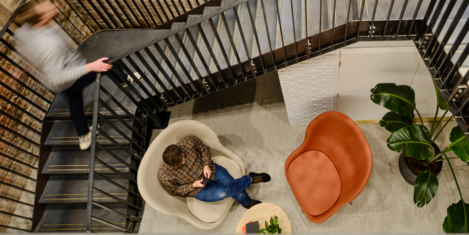
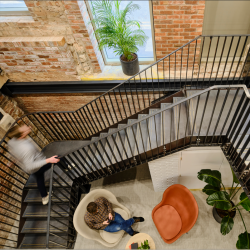 Following last week’s announcement of the annual BCO Awards winners for London, the British Council for Offices has announced the winners of its annual Awards for the North of England. In fact all but one of the winners are located in Greater Manchester and the one that isn’t lies within twenty miles of it. The organisers suggest that the theme of sustainable office design runs through the submissions of the winning entries.
Following last week’s announcement of the annual BCO Awards winners for London, the British Council for Offices has announced the winners of its annual Awards for the North of England. In fact all but one of the winners are located in Greater Manchester and the one that isn’t lies within twenty miles of it. The organisers suggest that the theme of sustainable office design runs through the submissions of the winning entries. 





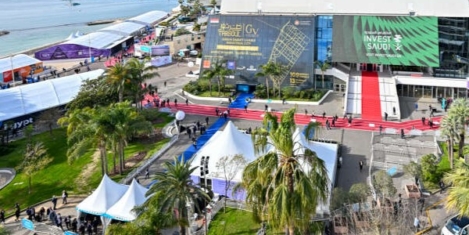
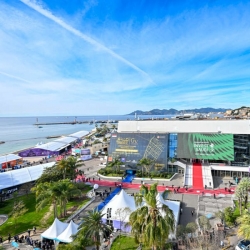









April 19, 2023
We shouldn’t be deterred by the wonky start to the circular economy
by Becky Gordon • Comment, Environment, Workplace design